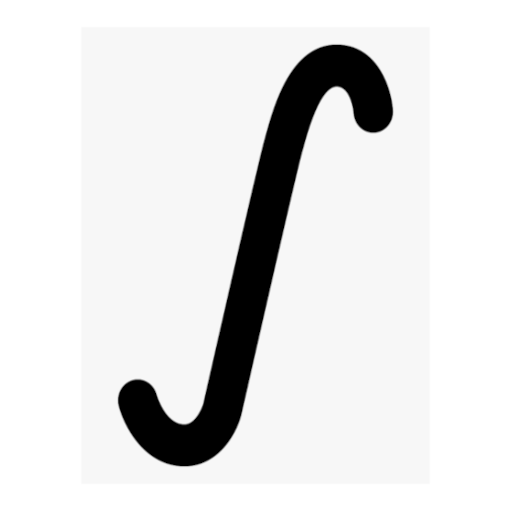We’re playing a game. I flip a coin. If it lands on Tails, I flip it again. If it lands on Heads, the game ends.
You win if the game ends on an even turn, and lose otherwise.
Define the following events:
A: You win the game
B: The game goes on for at least 4 turns
C: The game goes on for at least 5 turns
What are P(A), P(B), and P(C)? Are A and B independent? How about A and C?


response
This is the correct answer, although P(A|B) should actually be 2/3 rather than 7/12 - I think you meant 1/2 + 1/8 + 1/32 + …?
The reasoning is good, either way. Since past flips won’t affect future flips, if the player has made it to turn 5, an odd turn, then their future prospects are no different than they were on turn 1, another odd turn - so A and C are independent. Similarly, A and B are dependent because your chances of winning and losing effectively flip: If you’ve made it to an even turn, then you now win if it takes an odd number of flips from there to get Heads.
So it should be an almost paradoxical-seeming situation: You win 1/3 games overall, you win 2/3 games that make it to turn 2, you win 1/3 games that make it to turn 3, you win 2/3 games that make it to turn 4, 1/3 that make it to turn 5, etc.
response
Thanks for the catch! Once I noticed that the probability of winning on the initial flip was the difference between the two, I stopped thinking about the other terms…